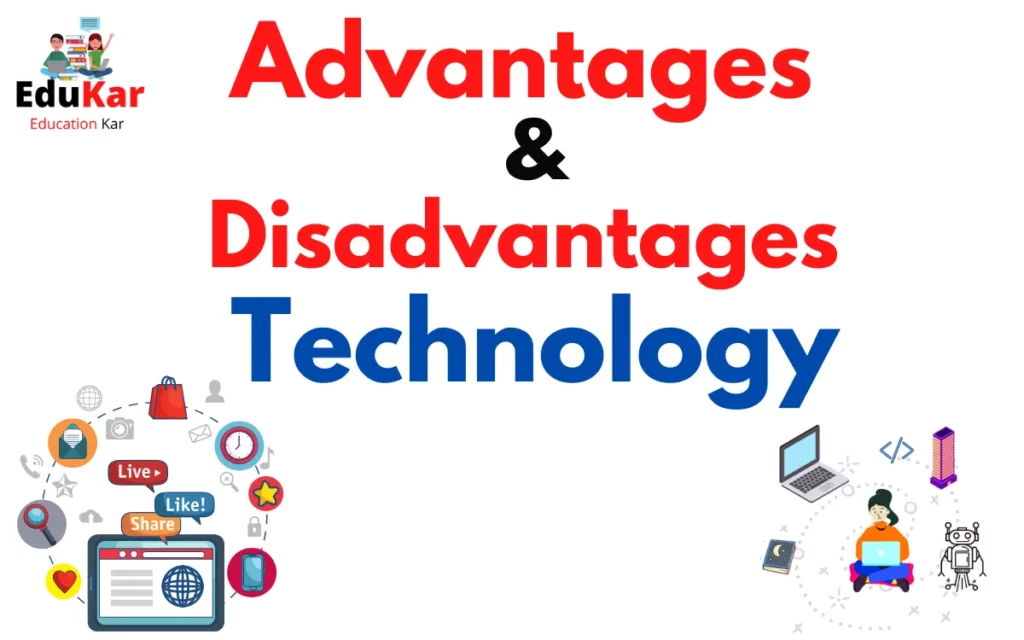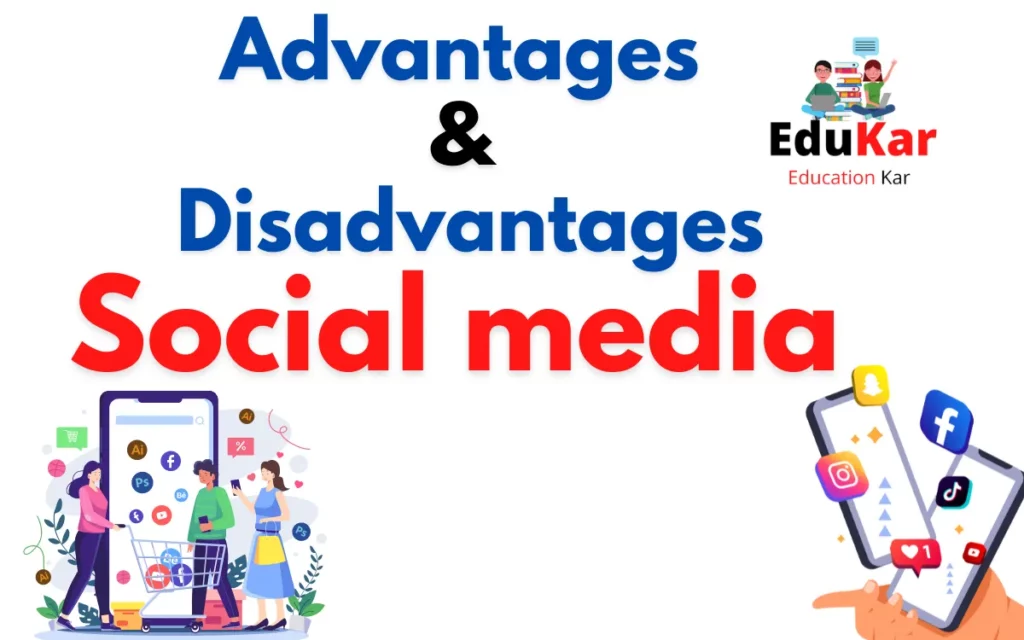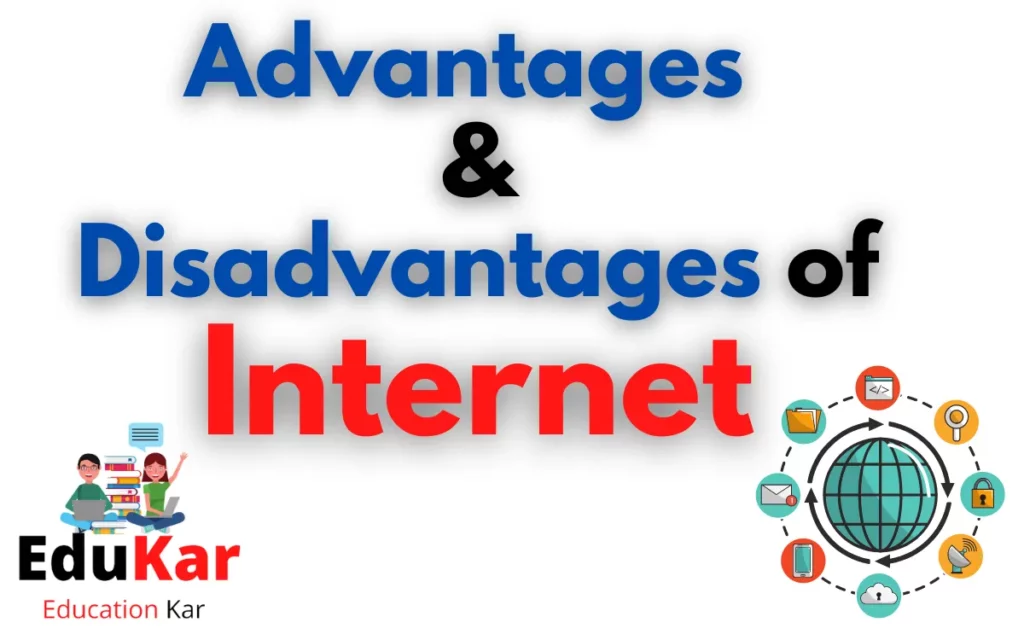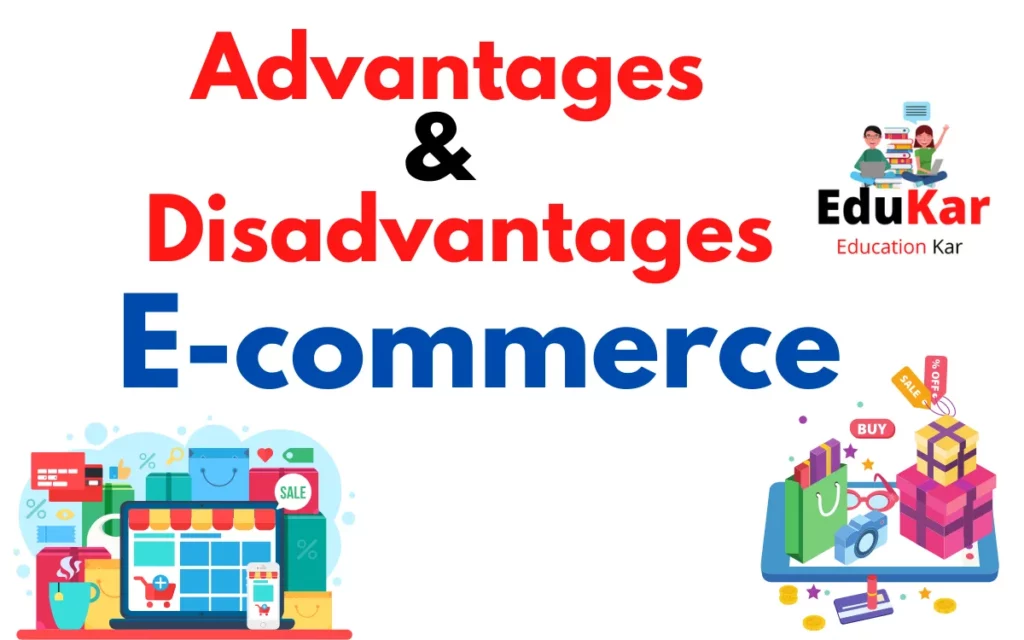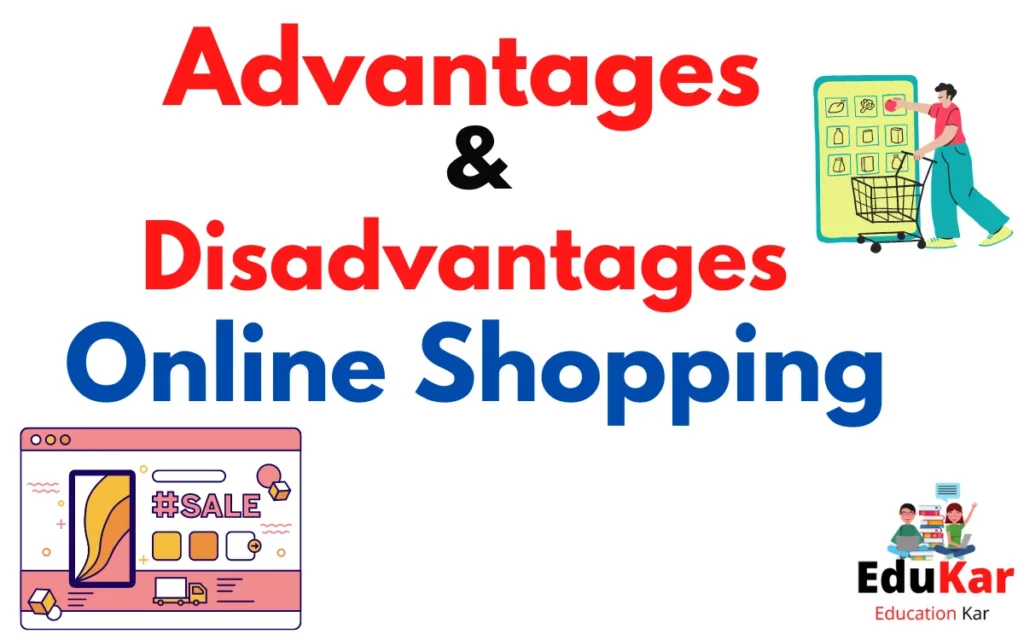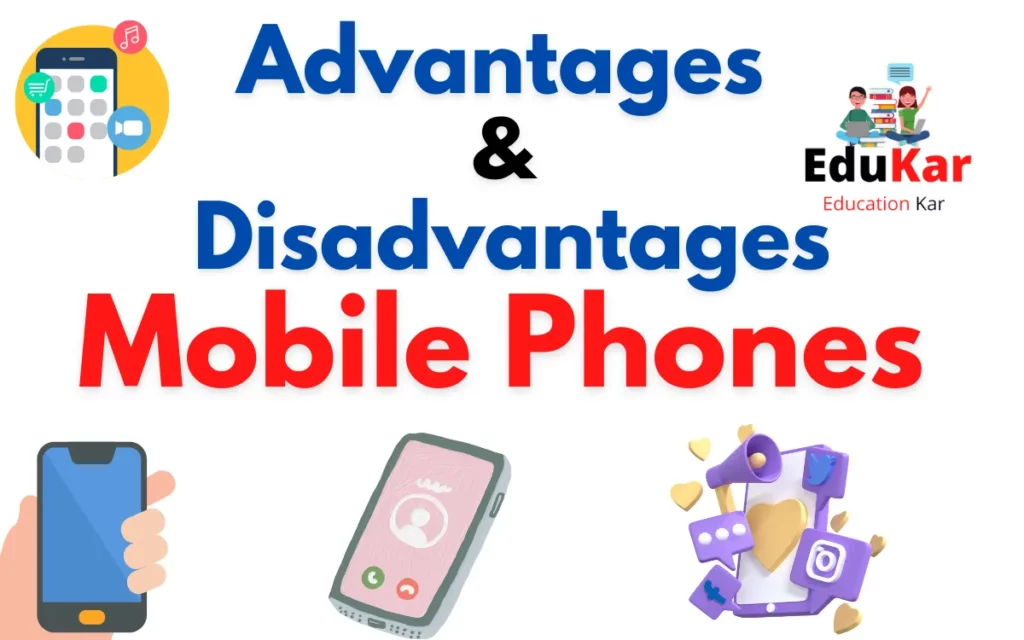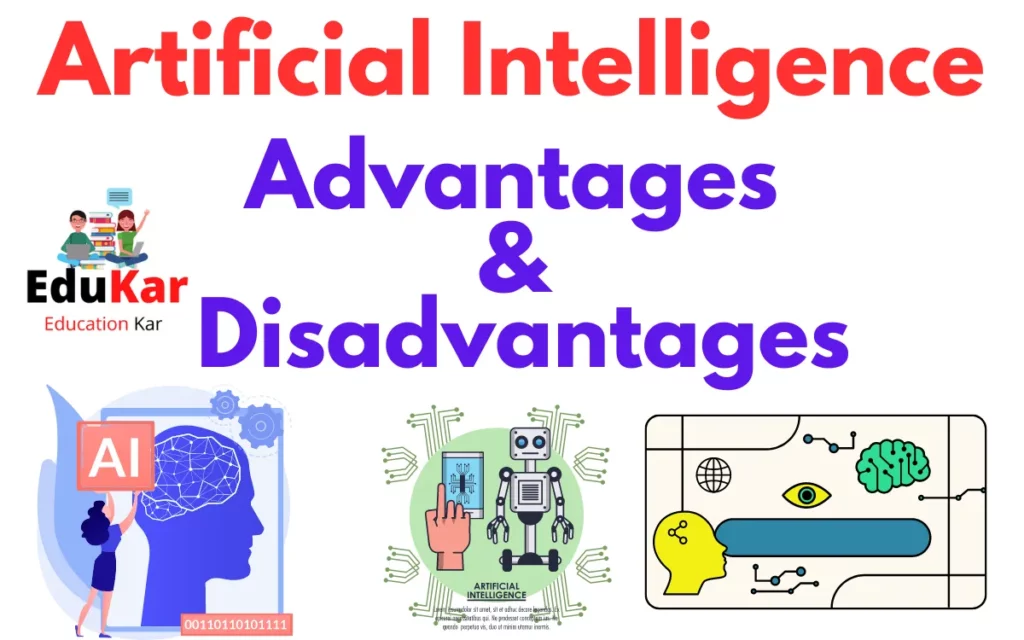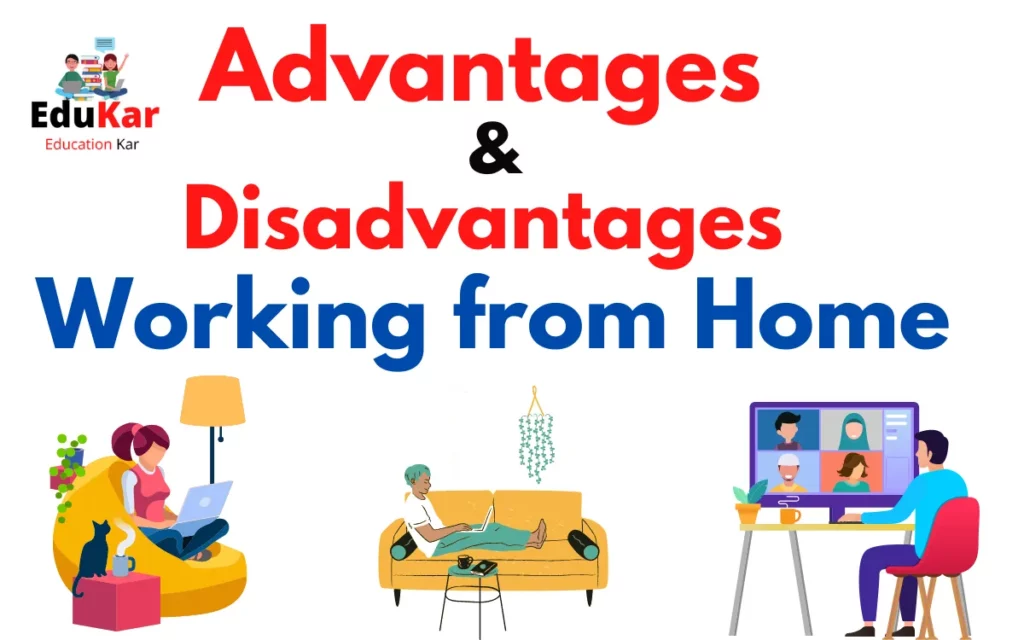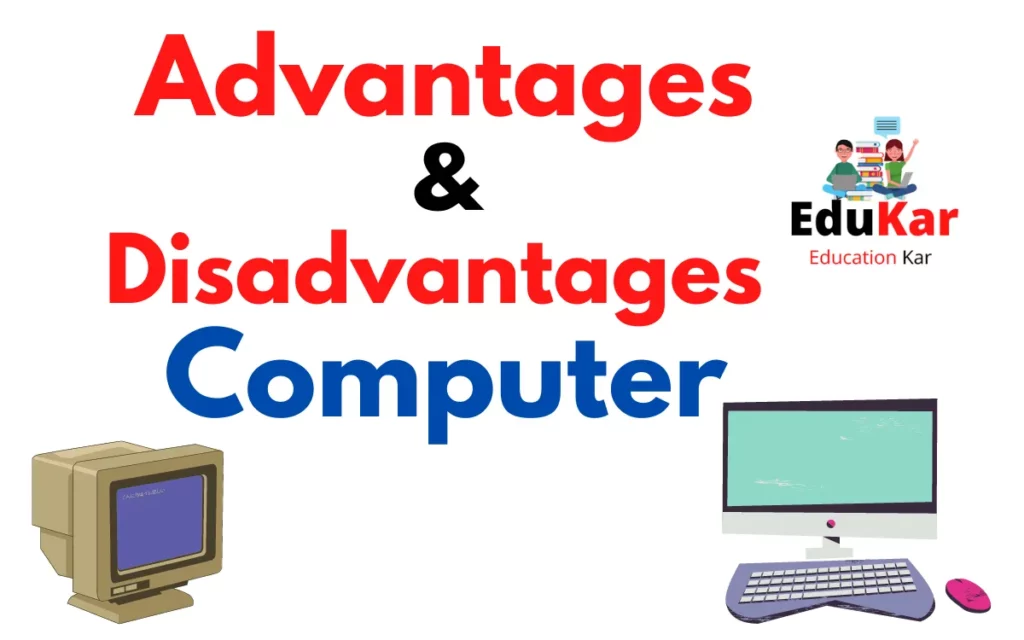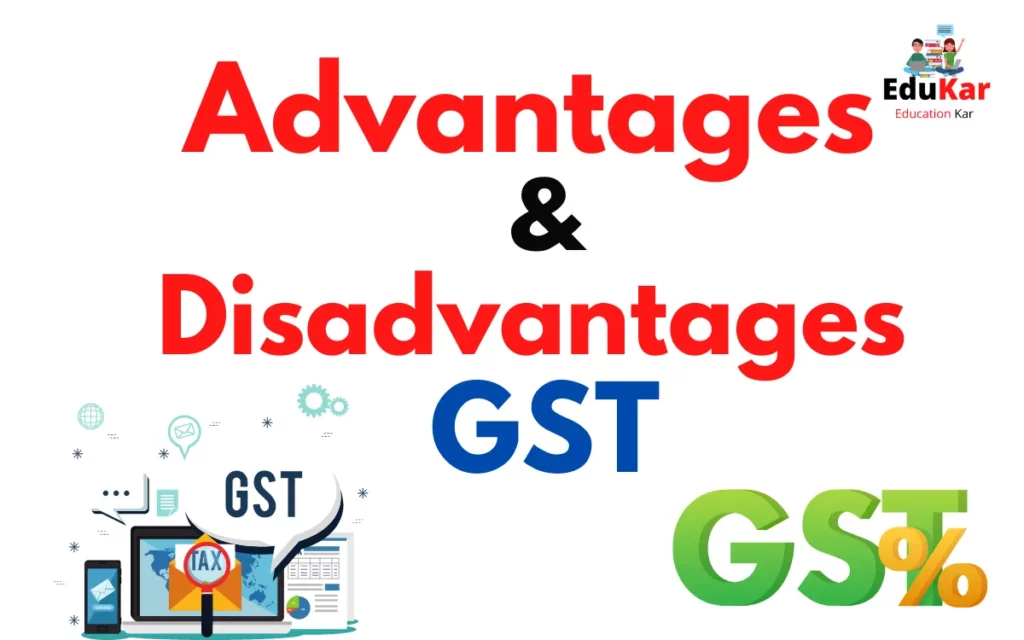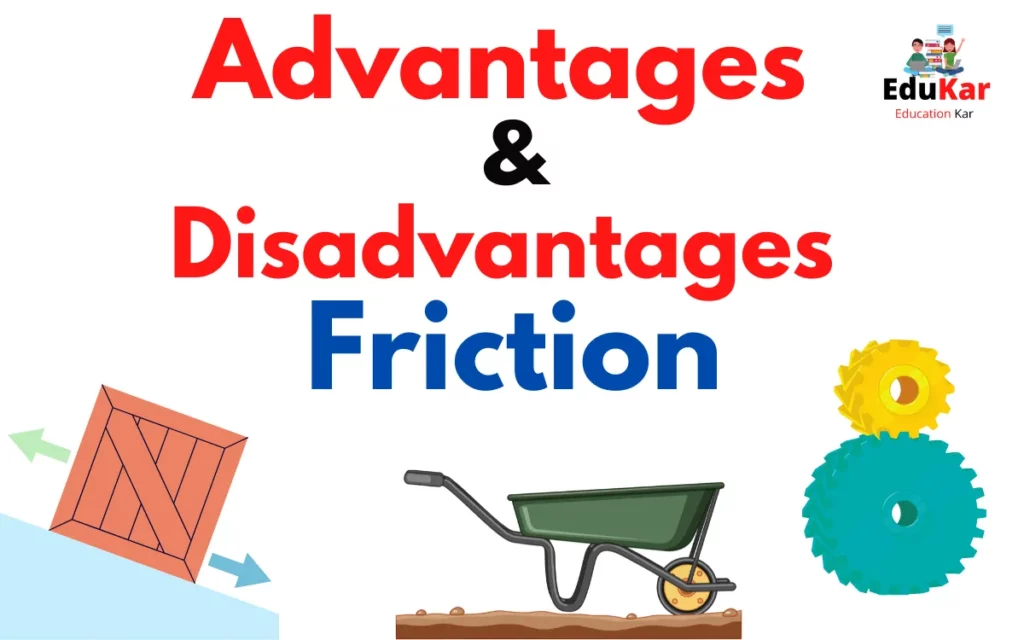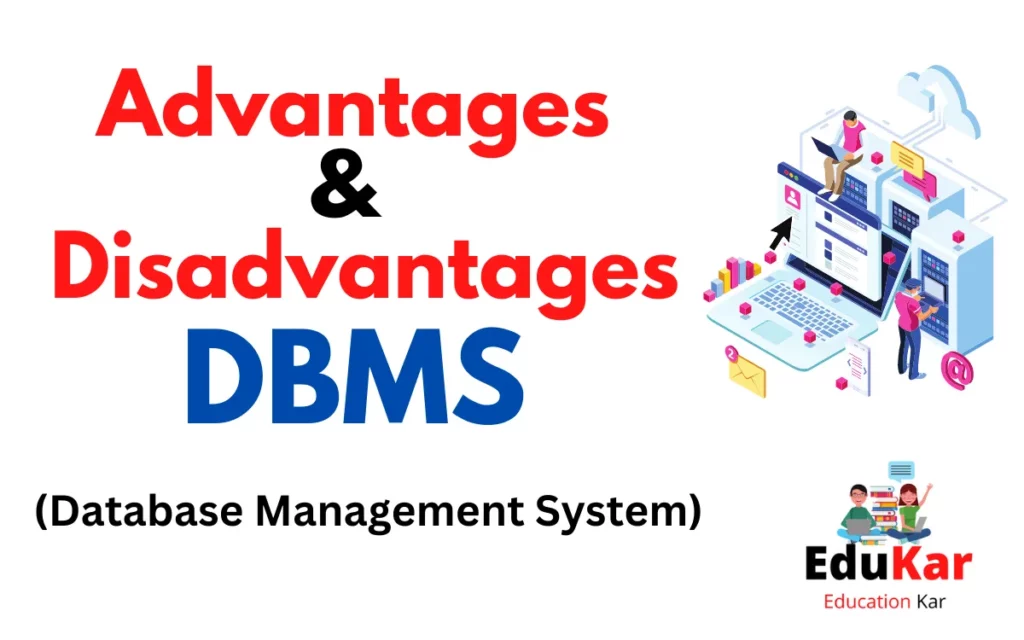Contents
- 1 Advantages of Credit Card:
- 2 Disadvantages of Credit Card:
- 3 Conclusion:
- 4 FAQs:
- 4.1 What are the advantages of using a credit card?
- 4.2 What are the disadvantages of using a credit card?
- 4.3 Is it better to pay off credit card debt in full each month?
- 4.4 How does using a credit card affect my credit score?
- 4.5 What should I do if I can’t pay my credit card bill in full each month?
- 4.6 How can I protect myself from credit card fraud?
A credit card can be a valuable financial tool, but it’s important to understand both the advantages and disadvantages before using one. This article provides a comprehensive overview of the pros and cons of credit cards, including the convenience of access to funds, the ability to build credit, and the possibility of earning rewards and benefits. However, it also covers the potential downsides, such as high interest rates, fees, and the temptation to overspend, which can negatively impact your credit score and financial discipline.
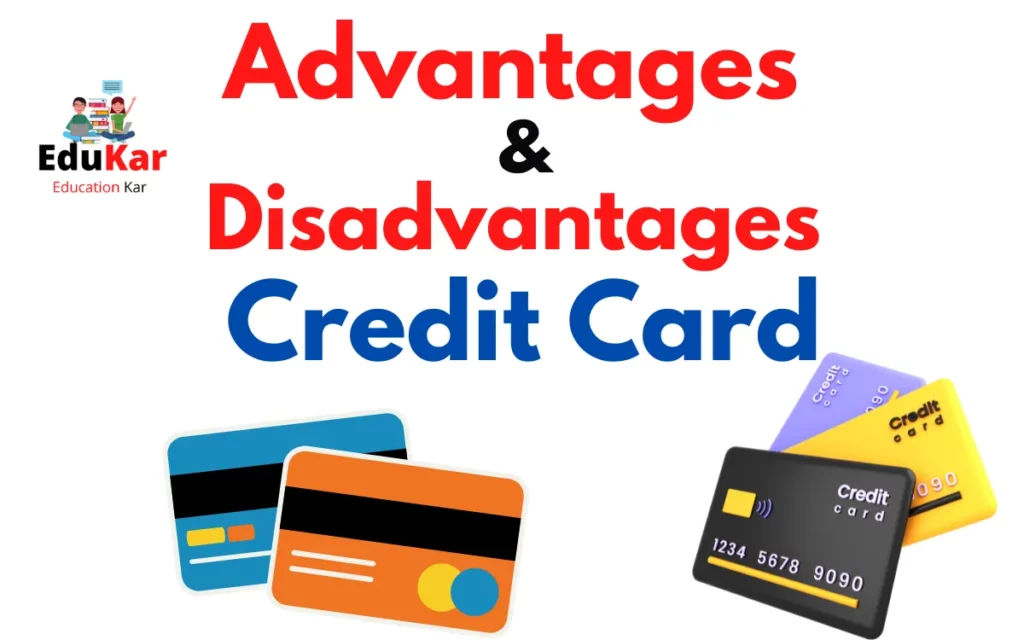
Whether you’re considering using a credit card for the first time or are looking to improve your existing usage, this article offers valuable insights and advice for making the most of this financial tool while avoiding its potential pitfalls. With a clear understanding of the advantages and disadvantages of credit cards, you can make informed decisions and use this tool to your advantage.
| Advantages: | Disadvantages: |
|---|---|
| 1. Convenient for making purchases | 1. High interest rates and fees if not paid on time |
| 2. Accepted by most merchants worldwide | 2. Easy to overspend and accumulate debt |
| 3. Can help build credit history and improve credit score | 3. Potential for fraud or identity theft |
| 4. Offers rewards programs and cashback incentives | 4. Can encourage impulse purchases |
| 5. Provides emergency cash or credit in unforeseen circumstances | 5. Can lead to financial instability if used improperly |
| 6. Allows for easy online shopping | 6. May require a minimum income or credit score to be approved |
| 7. Provides protection against fraudulent charges and unauthorized purchases | 7. Can negatively affect credit score if used irresponsibly |
| 8. Offers purchase protection and extended warranties on select items | 8. Annual fees may be required |
| 9. Can help with budgeting and expense tracking | 9. Foreign transaction fees may apply when used abroad |
| 10. Allows for the convenience of cashless transactions | 10. Can be tempting to use credit cards to cover everyday expenses and bills, leading to financial strain |
Advantages of Credit Card:
A credit card can offer many advantages for individuals looking to manage their finances and make purchases. Here are some of the key benefits of having a credit card:
1. Convenience:
Credit cards offer a convenient and fast way to make purchases, both online and in-person. They allow individuals to make purchases quickly and easily, without having to carry large amounts of cash.
2. Rewards and Cash Back:
Many credit cards offer rewards programs, such as cash back, miles, or points, that can be redeemed for various benefits. These programs incentivize spending and help individuals earn rewards for purchases they would have made anyway.
3. Increased Buying Power:
Credit cards allow individuals to make purchases they may not be able to afford otherwise. This can be particularly useful in emergency situations, or when making large purchases.
4. Improved Credit Score:
Responsible credit card usage can help improve an individual’s credit score. This is because credit card usage is a factor that is taken into consideration when calculating credit scores.
5. Protection against Fraud:
Credit card companies offer fraud protection for their customers. If a credit card is lost or stolen, the cardholder can dispute any unauthorized transactions and the credit card company will usually reimburse the customer for any losses.
6. Access to Credit History:
Credit card companies report credit card usage to credit bureaus, which helps to build an individual’s credit history. This credit history can then be used to apply for loans, mortgages, and other forms of credit in the future.
7. Emergency Cash:
Credit cards can provide access to cash in emergency situations, either through cash advances or overdraft protection.
8. Flexible Payment Options:
Credit cards offer a variety of payment options, including the ability to make partial payments, minimum payments, or full payments. This can be helpful for individuals who need more flexible payment options, such as those who are self-employed or have irregular income.
9. Consumer Protections:
Credit cards offer various consumer protections, such as extended warranty protection and price protection, that can help individuals save money and protect their purchases.
10. Travel Benefits:
Many credit cards offer travel benefits, such as free travel insurance, lounge access, and discounts on travel expenses. This can be useful for individuals who travel frequently and want to save money on travel expenses.
Disadvantages of Credit Card:
Along with the advantages, there are also several disadvantages of using a credit card that individuals should be aware of:
1. High Interest Rates:
Credit cards often have high interest rates, which can lead to significant debt if the cardholder is unable to pay off their balance in full each month. The interest can quickly add up and become overwhelming.
2. Fees:
Credit cards can come with various fees, including annual fees, late fees, over-limit fees, and balance transfer fees. These fees can add up quickly and increase the cost of using a credit card.
3. Temptation to Spend More:
Credit cards can make it easier to overspend, as individuals may feel like they have more money to spend than they actually do. This can lead to an increase in debt and financial stress.
4. Credit Score Impact:
Late or missed payments can negatively impact an individual’s credit score, leading to higher interest rates and decreased borrowing power in the future.
5. Hidden Costs:
Credit card offers can be misleading and contain hidden costs, such as introductory interest rates that increase after a certain period of time.
6. Difficulty Staying Organized:
Credit cards can make it more difficult to stay organized and track spending, as individuals may lose track of how much they have spent and what they have purchased.
7. Security Risks:
Credit cards can be vulnerable to fraud and identity theft, as sensitive information is stored on the card. Cardholders should be careful to protect their credit card information and monitor their accounts regularly to prevent unauthorized transactions.
8. Limited Protection for Online Purchases:
Credit card companies may not offer the same level of protection for online purchases as they do for in-person purchases, leaving individuals vulnerable to fraud and scams.
9. Increased Debt:
Credit cards can increase debt if they are not used responsibly, as individuals may spend more than they can afford to repay. This can lead to a cycle of debt and financial stress.
10. Impact on Financial Discipline:
Credit cards can encourage individuals to spend money they do not have, which can be harmful to their financial discipline and overall financial health.
Conclusion:
Credit cards offer both advantages and disadvantages that should be considered before making the decision to use them. On the one hand, they provide convenient access to funds, the ability to build credit, and the possibility of earning rewards and benefits. On the other hand, they come with high interest rates, fees, and can lead to temptation to overspend, negatively impacting one’s credit score and financial discipline. It’s important to carefully weigh the pros and cons of credit card usage and to use them responsibly by keeping track of spending, paying off balances in full, and protecting personal information. By doing so, individuals can maximize the benefits of credit cards and minimize the risks associated with their use.
FAQs:
What are the advantages of using a credit card?
-Ability to build credit history
-Potential rewards and bonuses
-Increased security for purchases
-Ability to track spending and budget
What are the disadvantages of using a credit card?
-Potential to accumulate debt
-High interest rates and fees
-Temptation to overspend
-Risk of identity theft or fraud
-Effect on credit score with late or missed payments
Is it better to pay off credit card debt in full each month?
Yes, it is recommended to pay off credit card debt in full each month to avoid accruing interest and minimize the risk of debt.
How does using a credit card affect my credit score?
The way you use your credit card can have a positive or negative impact on your credit score. On-time payments, low balances, and responsible use can improve your score, while late payments, high balances, and overuse can lower your score.
What should I do if I can’t pay my credit card bill in full each month?
If you are unable to pay your credit card bill in full each month, you should contact your credit card issuer to discuss your options and avoid late fees or damage to your credit score. You may also consider finding ways to cut expenses or increase income to help manage your debt.
How can I protect myself from credit card fraud?
To protect yourself from credit card fraud, you should monitor your account regularly, keep your card information secure, and report any suspicious activity to your credit card issuer immediately. Additionally, be cautious when giving out your credit card information, and consider using a secure payment method when making online purchases.

